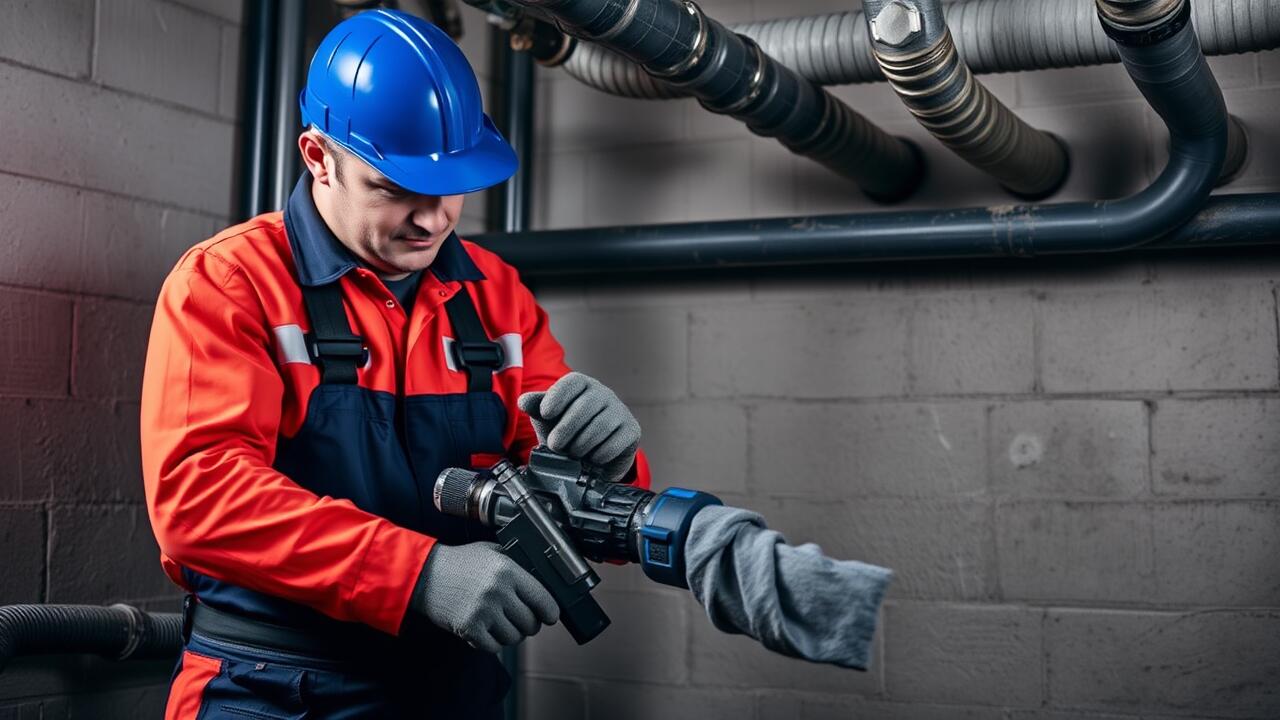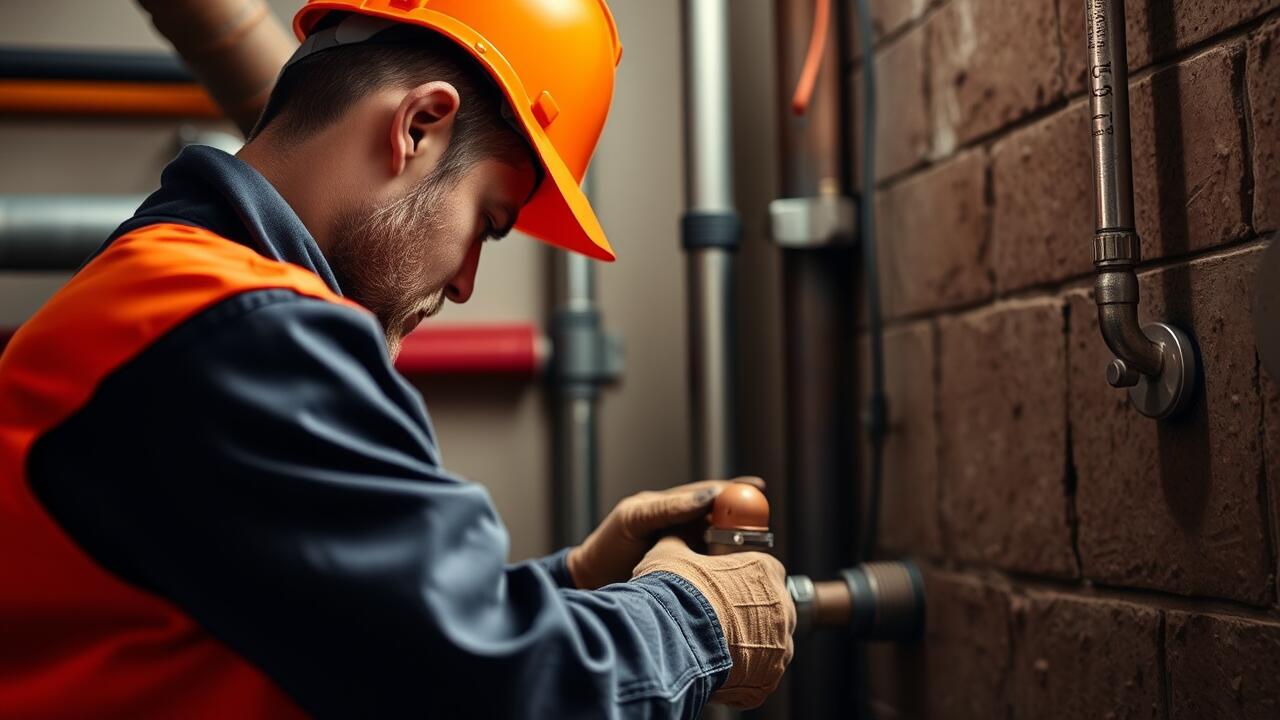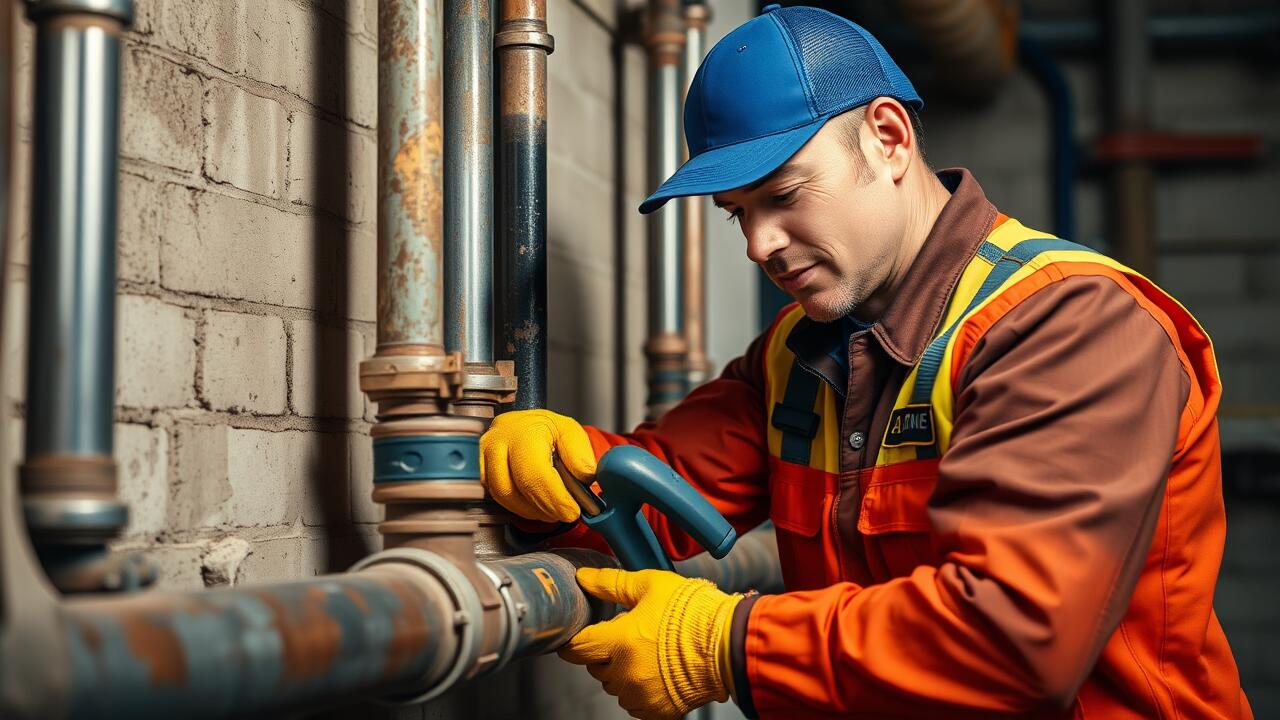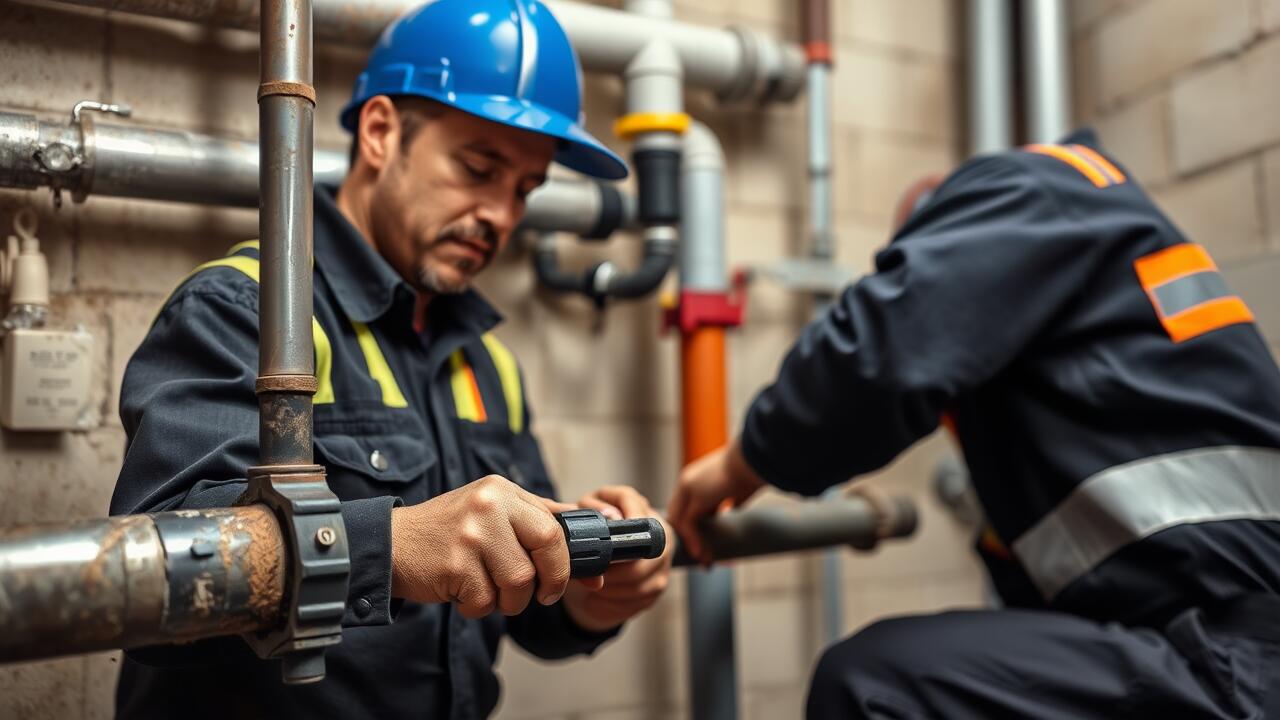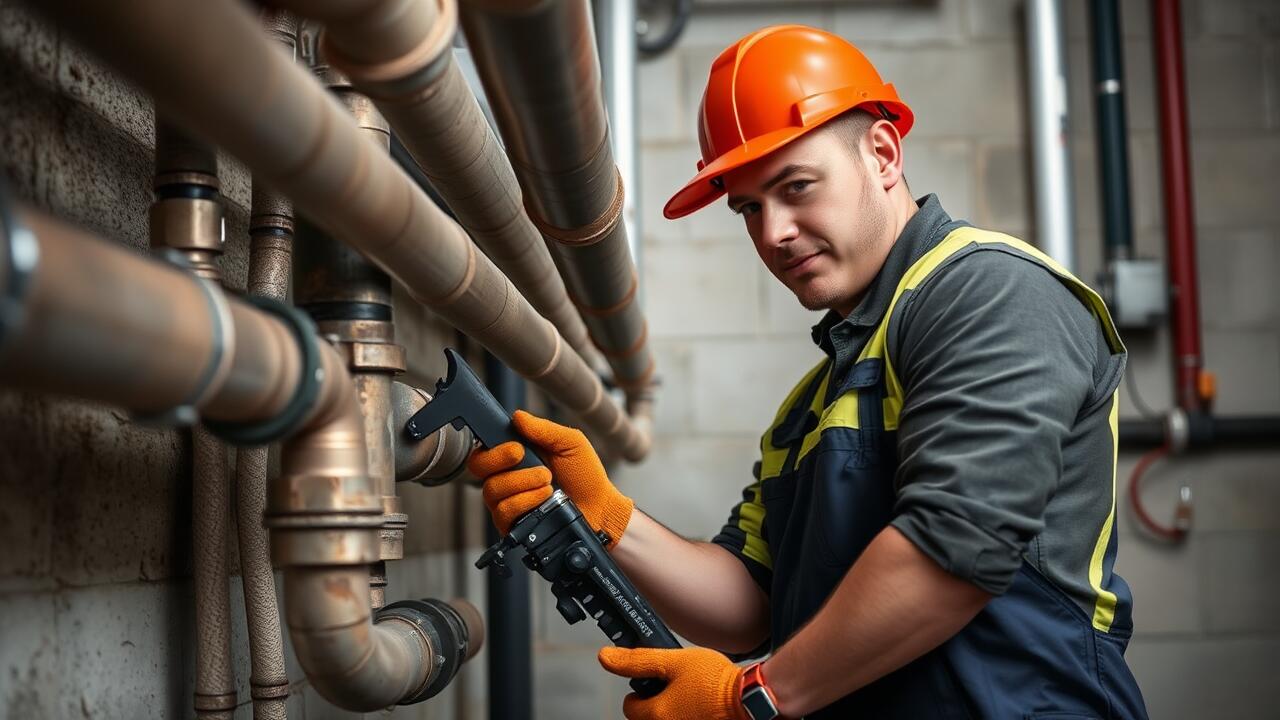
Steel Pipes
Steel pipes are widely used in various applications due to their strength and durability. They are particularly favored in construction and plumbing due to their ability to withstand high pressure and temperature. However, these pipes are not without their issues. Corrosion poses a significant concern, especially in environments where moisture is prevalent. Over time, this degradation can lead to leaks and failures, prompting property owners to seek out solutions.
When corrosion occurs, finding reliable pipe repair services becomes essential. Many turn to searches like "Pipe repair near me" to locate local professionals who can address the issue. Additionally, the heavy weight of steel pipes can complicate installation and repair processes, necessitating specialized equipment and expertise. These factors highlight the need for regular maintenance and vigilant inspections to prolong the life of steel piping systems.
Corrosion Concerns
Steel pipes are widely used in various applications due to their strength and durability. However, one of the significant issues faced by steel piping systems is corrosion. This degradation can occur when water interacts with the steel surface, leading to rust formation and material weakening. Over time, corrosion can compromise the integrity of the pipes, resulting in leaks and costly repairs.
Addressing corrosion requires regular inspection and maintenance to ensure the longevity of steel piping systems. Homeowners and businesses experiencing issues often find themselves searching for "pipe repair near me" to identify local professionals who can provide the necessary assessments and repair work. Implementing protective measures, such as coatings or cathodic protection, can also help mitigate corrosion risks and enhance the lifespan of these pipes.
Polypropylene Pipes
Polypropylene pipes have gained popularity due to their lightweight nature and resistance to corrosion. This material is not susceptible to rust, which significantly extends its lifespan compared to metal pipes. Additionally, polypropylene pipes are flexible, making them easy to install and adapt to various layouts. They are commonly used in residential and commercial applications, including water distribution and drainage systems.
However, polypropylene does have some drawbacks. While it offers excellent chemical resistance, exposure to UV light can degrade its material properties over time. Furthermore, heat resistance is limited, which can be a concern in regions with high temperatures. Users might often find themselves searching for “pipe repair near me” when issues arise, underscoring the importance of understanding the longevity and conditions affecting polypropylene pipes in specific installations.
Benefits and Drawbacks
Polypropylene pipes are known for their resistance to corrosion and chemical damage, making them a popular choice in various applications. Their lightweight nature allows for easier handling and installation. Additionally, these pipes offer flexibility, which can be advantageous in certain configurations. They also have a low thermal conductivity, helping to reduce energy losses in heating systems. However, their susceptibility to UV degradation can limit their use in outdoor applications unless properly protected.
Despite their advantages, polypropylene pipes come with certain drawbacks. High-temperature applications can lead to softening or structural weakening, which restricts their use in specific settings. Over time, the connection points may require attention due to joint integrity issues. Homeowners experiencing problems might search for "pipe repair near me" to find local experts who can provide solutions. While these pipes offer many benefits, careful consideration of their limitations is essential for making informed decisions.
Concrete Pipes
Concrete pipes are often used in large-scale drainage systems and sewage projects due to their durability and strength. They provide excellent pressure resistance and can handle varying soil conditions. However, the heavy weight of concrete also presents challenges during transportation and installation. In addition, improper installation can lead to issues such as misalignment and structural failure, making maintenance essential.
One of the most common challenges with concrete pipes is their susceptibility to cracking and joint leakage over time. Environmental factors, such as soil settlement and changes in temperature, contribute to these issues. Repairing damaged concrete pipes can be complex, often requiring specialized techniques or equipment. For those facing problems with their concrete piping, searching for "pipe repair near me" can help locate professionals who can assess and address these challenges effectively.
Common Challenges
Concrete pipes are often lauded for their durability and strength, yet they face specific challenges that can compromise their effectiveness. One significant issue is the susceptibility to cracking due to environmental temperature changes. Additionally, the heavy weight of concrete pipes can pose installation difficulties, especially in areas where machinery access is limited. Over time, improper installation can lead to misalignment, causing leaks and requiring frequent maintenance.
Another challenge arises from the infiltration of tree roots, which can penetrate cracks and joints in concrete pipes, leading to blockages. This can create more serious issues if not addressed promptly. Property owners seeking solutions may search for "pipe repair near me" to find local services that can mitigate these problems. Regular inspections and maintenance are vital to prolonging the lifespan of concrete piping systems and preventing costly repairs.
FAQS
What are the most common types of pipe materials used in construction?
The most common pipe materials include steel, polypropylene, concrete, copper, and PVC, each with its own set of advantages and issues.
What are the main corrosion concerns associated with steel pipes?
Steel pipes are particularly susceptible to rust and corrosion when exposed to moisture and certain chemicals, which can lead to leaks and structural failure.
What are the key benefits of using polypropylene pipes?
Polypropylene pipes are lightweight, resistant to corrosion, and do not require insulation in many applications, making them a cost-effective option.
What drawbacks should I consider when using polypropylene pipes?
Polypropylene pipes can be sensitive to UV light exposure, leading to degradation over time, and they may not be suitable for high-temperature applications.
What common challenges are faced with concrete pipes?
Concrete pipes can experience issues such as cracking, joint leakage, and susceptibility to damage from heavy loads or ground movement.
